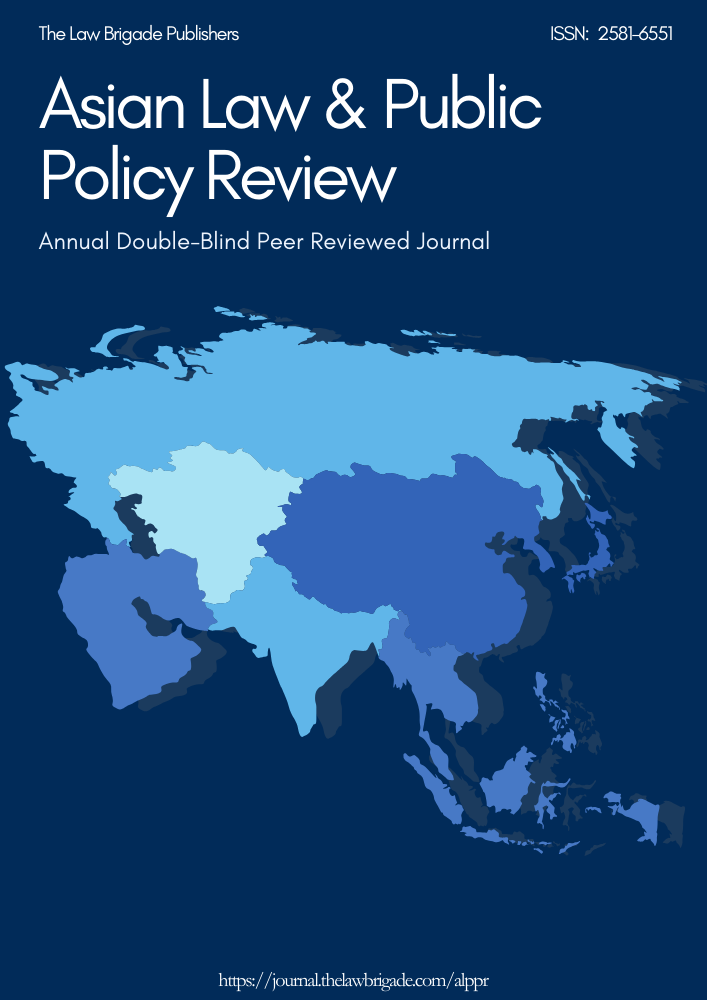Transforming Vision for Education in India: National Education Policy 2020
Keywords:
Education, Education Policy, ConstitutionAbstract
The National Education Policy of India 2020, often abbreviated as NEP 2020, is a comprehensive policy document that was approved by the Union Cabinet of India[i] on July 29, 2020[ii]. It outlines the vision for the transformation of the education system in India. The NEP 2020 aims to bring about significant reforms and improvements in the Indian education system, with a focus on several key areas. The National Education Policy of India 2020 is indeed a comprehensive framework that covers education from elementary levels to higher education and vocational training. Its vision extends to transforming the entire education system in India over the course of two decades, with the goal of achieving these transformations by 2040. The policy represents a long-term vision for improving the quality, accessibility, and inclusivity of education in India, and it encompasses a wide range of educational levels and domains.[iii] The goal of achieving these transformative changes by 2040 represents a long-term commitment to reshape India’s education system to be more aligned with the needs of the 21st century and to promote holistic development, creativity, and critical thinking among students. Achieving these goals will require concerted efforts, policy implementation, and investments in education over the coming years. The present paper is about the recent education policy of the Government of India. The study is doctrinal in nature. In line with that, the paper also presents the Transformation made in the education system of India.
Downloads
Downloads
Published
Issue
Section
License

This work is licensed under a Creative Commons Attribution-NonCommercial-ShareAlike 4.0 International License.
License Terms
Ownership and Licensing:
Authors of research papers submitted to any journal published by The Law Brigade Publishers retain the copyright of their work while granting the journal specific rights. Authors maintain ownership of the copyright and grant the journal the right of first publication. Simultaneously, authors agree to license their research papers under the Creative Commons Attribution-ShareAlike 4.0 International (CC BY-SA 4.0) License.
License Permissions:
Under the CC BY-SA 4.0 License, others are permitted to share and adapt the work, even for commercial purposes, provided that appropriate attribution is given to the authors, and acknowledgment is made of the initial publication by The Law Brigade Publishers. This license encourages the broad dissemination and reuse of research papers while ensuring that the original work is properly credited.
Additional Distribution Arrangements:
Authors are free to enter into separate, non-exclusive contractual arrangements for distributing the published version of the work (e.g., posting it to institutional repositories or publishing it in books), provided that the original publication by The Law Brigade Publishers is acknowledged.
Online Posting:
Authors are encouraged to share their work online (e.g., in institutional repositories or on personal websites) both prior to submission and after publication. This practice can facilitate productive exchanges and increase the visibility and citation of the work.
Responsibility and Liability:
Authors are responsible for ensuring that their submitted research papers do not infringe on the copyright, privacy, or other rights of third parties. The Law Brigade Publishers disclaims any liability for any copyright infringement or violation of third-party rights within the submitted research papers.


